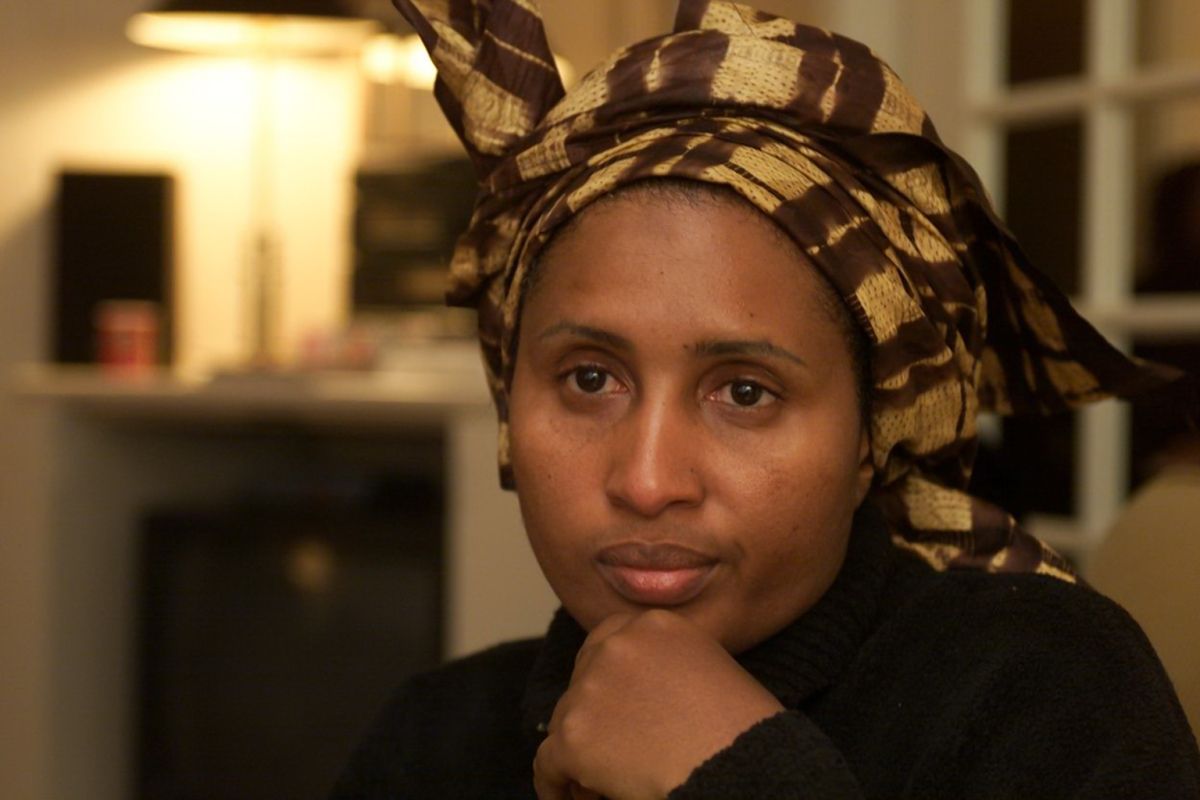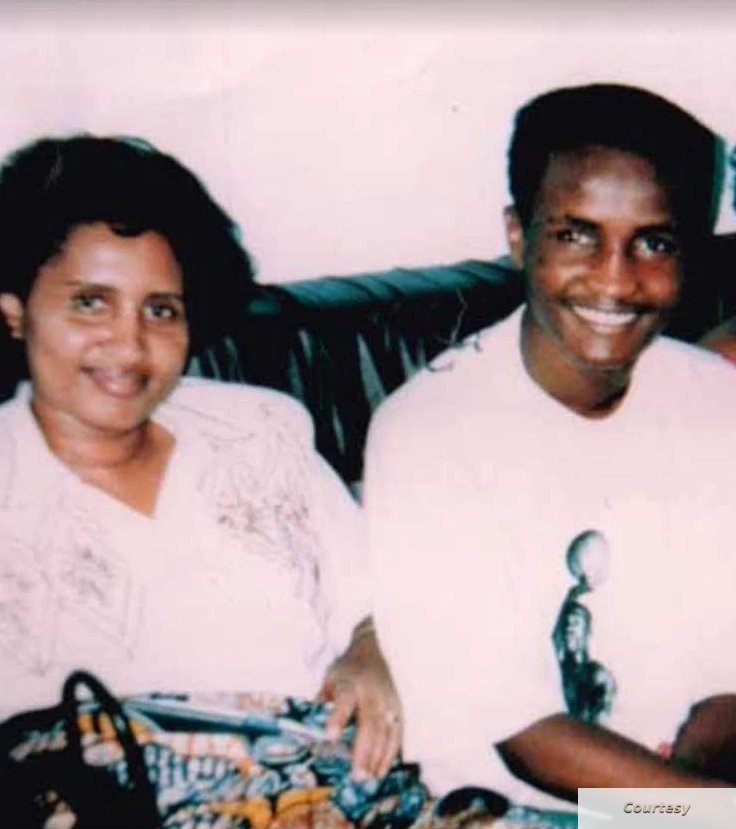History is often not far away.
On Feb 4, 1999, a young West African man named #AmadouDiallo was standing in front of his New York City apartment when 4 cops shot him 41 times, thinking Diallo had a gun - he was only carrying his wallet.
The 4 cops were all found not guilty.
On Feb 4, 1999, a young West African man named #AmadouDiallo was standing in front of his New York City apartment when 4 cops shot him 41 times, thinking Diallo had a gun - he was only carrying his wallet.
The 4 cops were all found not guilty.

His mother, Kadiatou Diallo, flew to New York from her home in Guinea when she heard that her son was killed. 

Married at the age of 13, Kadiatou was pregnant with Amadou at age 16. They had a close bond. He wanted to go to America to study computer science. She supported his aspirations and helped him go to America. 

As a West African woman raised in America, Amadou's story resonates with me. This photo of Amadou with his siblings and mother reminds me of my own family. My father, too, came to America to further his education. 

Kadiatou flew to New York City to find out who killed her 23-year-old son. What happened to Amadou? Upon her arrival, she was thrust into a media frenzy. 

Al Sharpton fought the good fight, standing beside Kadiatou to demand justice for her son, Amadou. He even flew with her to Guinea to bury his body. 

21 years after her son was killed when New York City cops fired 41 shots - 19 of them struck Amadou - Kadiatou has not kept silent about what happened to her son. She reaches out to console other Black mothers whose children were killed by police brutality in America. 

Clarification: Police officers fired 41 shots with semi-automatic pistols and 19 of them struck Diallo
• • •
Missing some Tweet in this thread? You can try to
force a refresh








